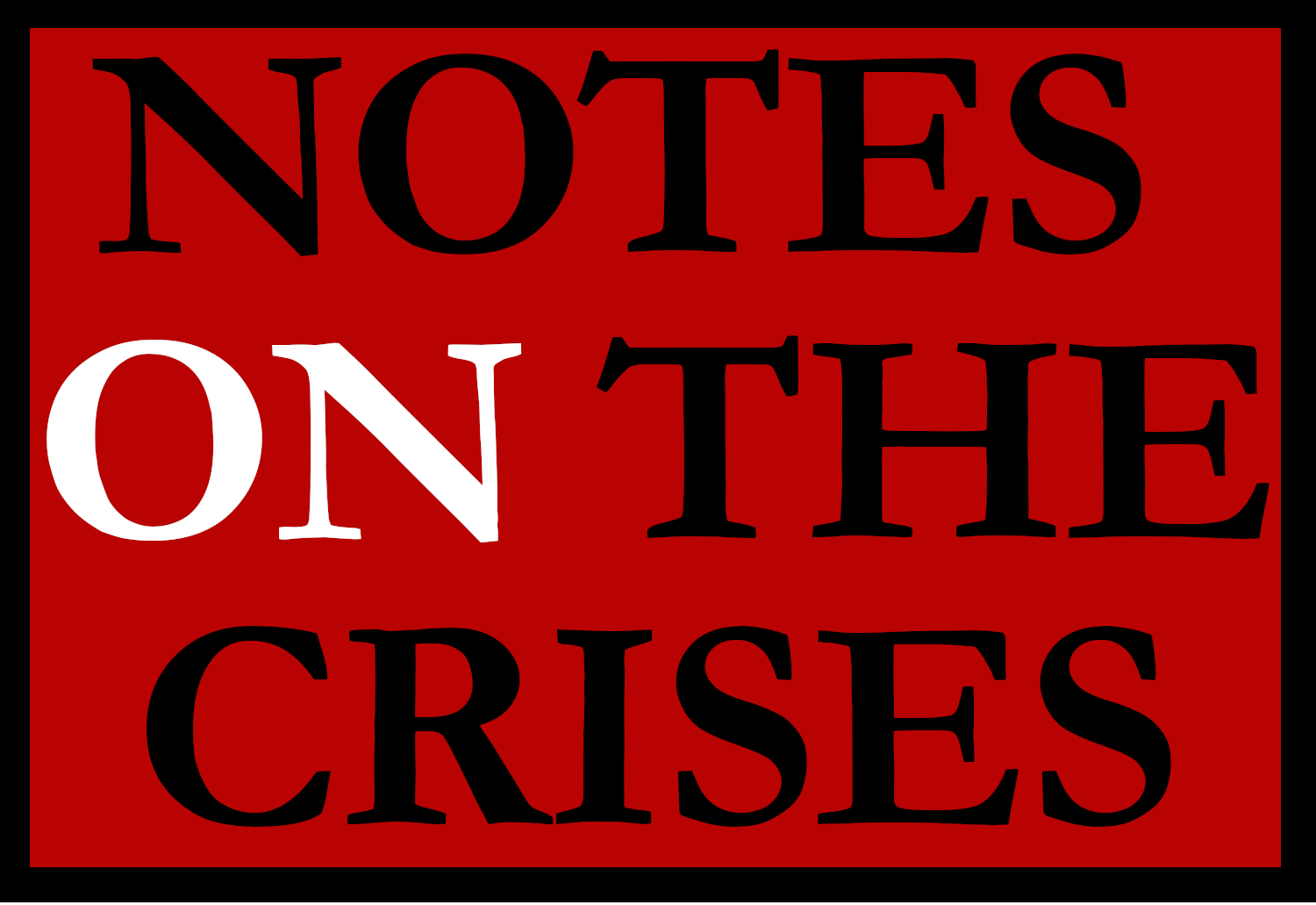Medicare for All is a Great Automatic Fiscal Stabilizer
This matters
It's really underdiscussed in economic policy circles that M4A would make government spending more countercyclical. Our subsidies for employer provided health care and state level Medicaid spending fall in recessions as people lose jobs and states lose revenue.
— Nathan Tankus (@NathanTankus) June 30, 2019
Last summer I tweeted some things about how Medicare for All would make U.S. fiscal policy substantially more countercyclical than it is now. It turns out those tweets were far more prescient than I could have realized. The basic problem which has gotten far too little attention is that our healthcare system not only costs far more than any other system, we fund it in such a way that we’re vulnerable to large falls in employment and income. We are seeing this starkly now as employment collapses just when people need healthcare more than ever. In fact federal government spending on healthcare falls through the subsidies we provide to employer provided healthcare and the share of healthcare spending which is financed by state and local governments. Of course, in this crisis we’ve seen some limited increase in federal healthcare spending given it is a healthcare crisis but the collapse in state, local and insurance revenues are swamping those effects. Even municipal interest rates are rising right now.
Amazing. Hospitals around the country are trying desperately to contain the pandemic and meanwhile their borrowing costs are surging because investors are dumping municipal debt as markets melt down. This is exactly why people are talking about muni QE https://t.co/HryCUUifT5
— Matthew B (@boes_) March 18, 2020
These costs also discourage state and local governments (as well as private healthcare providers) from stockpiling resources. In fact, cutting off federal funding in the 1980s was effective in stopping what policymakers at the time called “overbedding” in the United States, as University of Chicago historian Gabriel Winant points out.
https://twitter.com/gabrielwinant/status/1238850791731081218
https://twitter.com/gabrielwinant/status/1238859339265425408
So why does it matter that Medicare for All would make our healthcare system far more countercyclical? For one, it means that it contributes to building an infrastructure which is far better at responding to recessions and even preventing them. Strong indefinite mandatory funding for a Medicare for All system would have also been far more capable of responding to pandemics. These crises still require discretionary closing businesses and implementing social distancing measures by government officials to be lessened but we could have far higher healthcare capacity than we do to respond to these crises as needed. People would also seek treatment at the speed necessary without having to worry about cost. To get the full benefits of this crisis response, we need a system as Sanders envisions it- no out of pocket costs and comprehensive coverage that makes supplemental private insurance irrelevant.
The more discretion policymakers have on a day to day basis, the more likely they are to tackle fake problems like “overbedding” because of “cost concerns” which is why funding needs to be indefinite and mandatory such that it is based on demand. This demand takes the form of residents seeking medical treatments and the best medical opinion of doctors about what we need to order today to be prepared for crises 6 months or a year from now. Scientists and doctors need to be in the driving seat, along with residents with marginalized experiences in the healthcare system. This is the only effective way to run these systems- the people counting pennies have failed.
The other critical reason the countercyclicality of Medicare for All matters is it changes the budgetary debate. The interminable question of “how are you going to pay for it?” which this crisis has temporarily turned into a joke is far different if you point out that Medicare for All cuts down on spending that rises procyclically now and the greatest leaps in spending come during recessions, and even pandemics, when we want spending to spike up. Meanwhile eliminating people’s healthcare bills and premiums- the only source of inflationary pressure from Medicare for all- is exactly what you’d want to do right now as incomes collapse. We might even need to suspend them right now anyway. Bernie’s additional payroll tax need not apply.
P.S. Thank you to the 13 people who have already taken out paid subscriptions! I’m blown away by your confidence and will be keeping the posts going!
Sign up for Notes on the Crises
Currently: Comprehensive coverage of the Trump-Musk Payments Crisis of 2025
